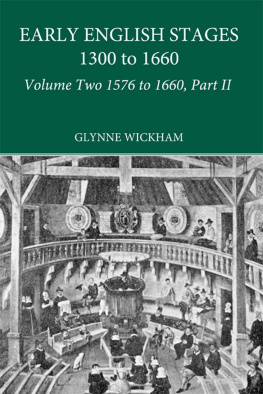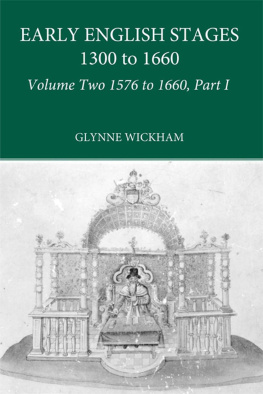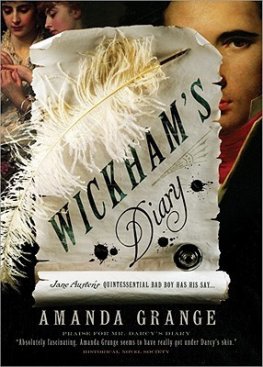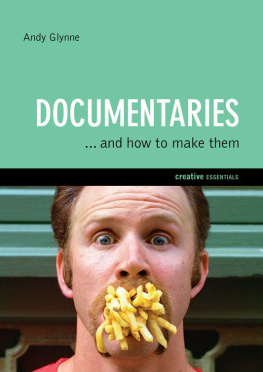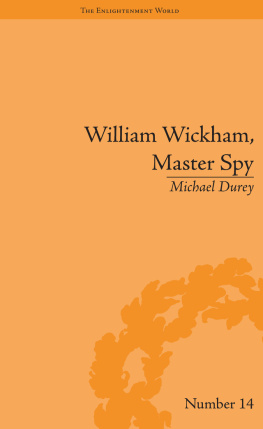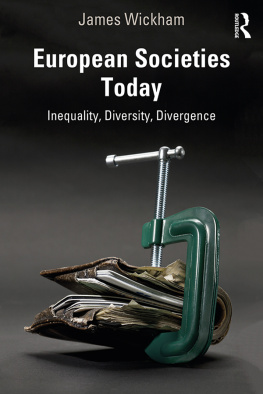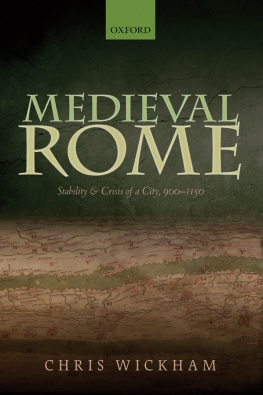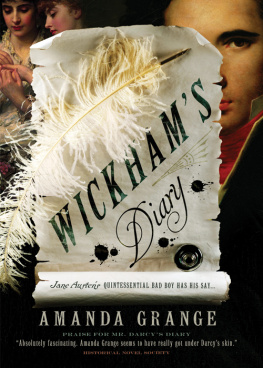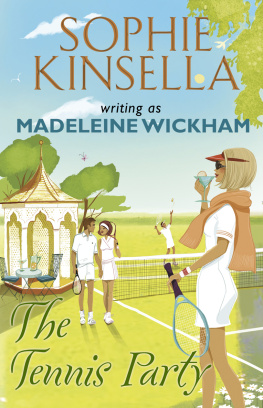ACKNOWLEDGMENTS
I WISH to express my thanks for help in the preparation of this book to Professor G. E. Bentley of Princeton University, Professor Eugene Waith of Yale University, Dr O. B. Hardison, Jnr, Curator of the Folger Shakespeare Library, Dr R. A. Sayce, Librarian of Worcester College, Oxford, Mr John Harris, Curator of the Collection of Drawings, Royal Institute of British Architects, Professor Herbert Berry of the University of Saskatchewan, Professor D. F. Rowan of the University of New Brunswick, Dr Neville Denny of Bristol University, Professor M. Dietrich and Dr Juliane Stoklaska of the Institut fr Theaterwissenschaft, Vienna, and the late Professor F. P. Wilson of the University of Oxford.
Their generous assistance with identification and dating of pictorial illustration, with the clarification of disputed points of detail and with the reading of proofs has served collectively to make this book worthier of its subject-matter than could otherwise have been the case.
I am especially indebted to Mr John Chamberlain for his help with the line-drawings which appear as Figures in the text.
GLYNNE WICKHAM
Department of Drama,
University of Bristol
CONTENTS
ILLUSTRATIONS
FIGURES
PLATES
. |
II.
& III. |
. |
. |
. |
. |
. |
. |
. |
. |
XII.
& XIII. |
. |
. |
. |
. |
. |
. |
. |
. |
. |
. |
. |
. |
. |
. |
. |
. |
. |
. |
. |
ABBREVIATIONS, CUE-TITLES, SYMBOLS, ETC.
Blackfriars | Irwin Smith, Shakespeares Blackfriars Playhouse, N.Y., 1964. |
Dasent | J. R. Dasent Acts of the Privy Council of England, 32 vols, 18901907. |
Dramatic Records | J. Q. Adams, The Dramatic Records of Sir Henry Herbert, Master of the Revels 16231673 (Cornell Studies in English), Yale U.P., 1917. |
EES | G. Wickham, Early English Stages, 2 vols, 195963. |
ES | E. K. Chambers, The Elizabethan Stage, 4 vols, 1923. |
J&CS | G. E. Bentley, The Jacobean and Caroline Stage, 7 vols, 194169. |
MSC | Malone Society Collections, 7 vols. Vol. I (ed. W. W. Greg), 190911, vol. II (ed. W. W. Greg, in three parts), 1913, 1923 and 1931, vol. III (eds. D. J. Gordon and J. Robertson), 1954, vol. IV (ed. F. P. Wilson), 1956, vol. V (ed. F. P. Wilson), 1959, vol. VI (eds. D. Cook and F. P. Wilson), 1962, vol. VII (ed. Giles E. Dawson), 1965. |
Med. Stage | E. K. Chambers, The Mediaeval Stage, 2 vols, 1903. |
R.O. (Eliz.) | A. Feuillerat, Documents relating to the Office of the Revels in the time of Queen Elizabeth, edited, with notes and indexes, Louvain, 1908. |
BOOK THREE
Gamehouses, Playhouses and Theatres
IX
FROM GAMEHOUSE TO THEATRE
S INCE the problem of accommodating the source material relevant to a history of the theatre and play production in England between 1576 and 1660 has obliged me to split what was to have been a single volume into two parts, and since Part I was published some eight years ago, it may assist the reader of this second part of that same volume if I start with a brief precis of the arguments advanced in Part I and try to supply an outline of the ground remaining to be covered in Part II.
In the first four chapters of Part I I tried to provide a general view of the development of the English theatreits actors, play-makers, playhouses and stageswithin the wider context of the religious, artistic, political and social conditions that prevailed in Tudor and early Stuart times. This done, I then proceeded in the next four chapters to a more detailed examination of the theatres used for presenting plays and of the conventions adopted for the identification of characters and place on the stage. This story was carried forward up to and including the building of the Swan Playhouse on Bankside in 1596.
The principal contentions advanced in Part I of the volume were five-fold:
1 That the home of professional acting in England was the Banquet Hall of mediaeval and Tudor palaces and manor houses.
2 That the liveried companies of professional interluders or players took their more successful plays and stage conventions out of these halls and presented both to large gatherings of people wherever and whenever they could find appropriate places of public assembly.
3 That gamehouses, town and guildhalls, disused chapels, hotels and private rooms and gardens both in London and in provincial cities all provided the requisite conditions for the accommodation of a raised stage with a screen at the back, and for the controlled entry of a substantial, paying audience.

